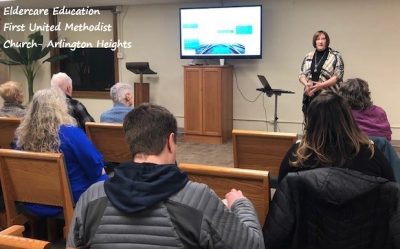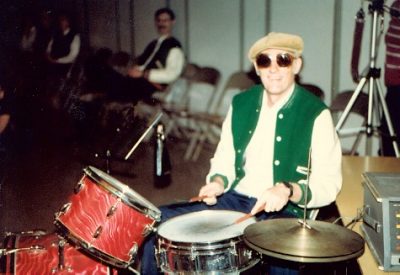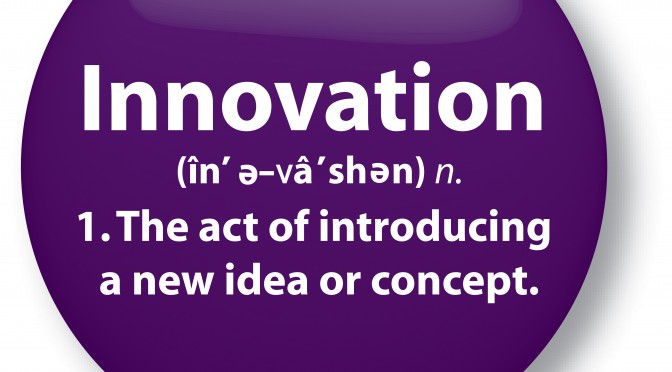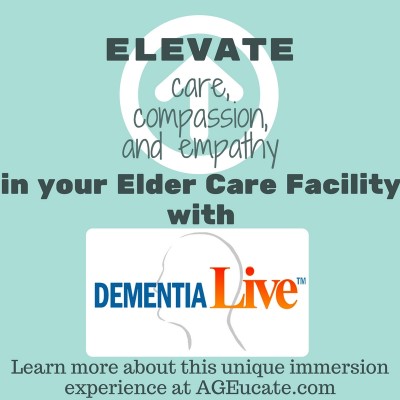
Today, family members and other private individuals provide the bulk of care for frail older adults. According to The National Alliance for Caregiving, approximately 34.2 million Americans have provided unpaid care to an adult age 50 or older in the prior 12 months. The assigned dollar value of unpaid caregiving is a staggering $470 billion.
Informal caregivers are a critical link in the system of eldercare. The care and support that is provided delays, and may even prevent the need for institutional care. Equally, we must acknowledge the financial impact that the informal caregiving system has on our nation. Consider the increased stress on the Medicaid system without these caregivers.
The American Association of Retired Persons offers a terrific directory of resources available to family caregivers. There are many agencies, both public and private, that exist to provide resources for family caregivers. To that end, caregivers can access website links, pamphlets, resource guides, and a plethora of other informational sources.
Importance of Education for Caregivers
Yet, with all of these resources, so many family caregivers still feel lost and overwhelmed. I have observed many caregivers who don’t know what they don’t know. In addition, it is paralyzing for them to know where to start.
Caregiver education should be a more robust component of our eldercare system. Education that leads to increased knowledge is necessary so that people can feel empowered and access the correct resources.
Caregivers need to understand the process of aging. As astutely stated by The Age-u-cate Training Institute, it is hard to care for someone that you don’t understand. Consequently, when caregivers feel like they are in the dark, stress, and frustration ensues. Therefore, helping caregivers to understand what is going on will better equip them to find the right resources and ask the right questions. Knowledge is empowering.
To list, a sample of educational topics for caregivers:
- The Importance of Meaning and Purpose for Older Adults
- Aging and Memory Loss
- The Importance of Life Review and Reminiscence to Mental Health
- Dignified End of Life Care
- Handling Respectful Role Changes
Creating opportunities to provide knowledge will increase understanding and compassion, reduce stress, and strengthen the process of caregiving. In addition, it will improve the relationships between caregiver and receiver.
 Julie has worked in Aging Services for over 30 years and has been a Licensed Nursing Home Administrator since 1990. She is a Certified Master Trainer with the AGE-u-cate Training Institute. Through her company Enlighten Eldercare, Julie provides training and educational programs on elder caregiving for family and professional caregivers. She is an instructor and the Interim Director of Gerontology at Northern Illinois University and lives in the Chicago Northwest Suburb of Mount Prospect, IL.
Julie has worked in Aging Services for over 30 years and has been a Licensed Nursing Home Administrator since 1990. She is a Certified Master Trainer with the AGE-u-cate Training Institute. Through her company Enlighten Eldercare, Julie provides training and educational programs on elder caregiving for family and professional caregivers. She is an instructor and the Interim Director of Gerontology at Northern Illinois University and lives in the Chicago Northwest Suburb of Mount Prospect, IL.


